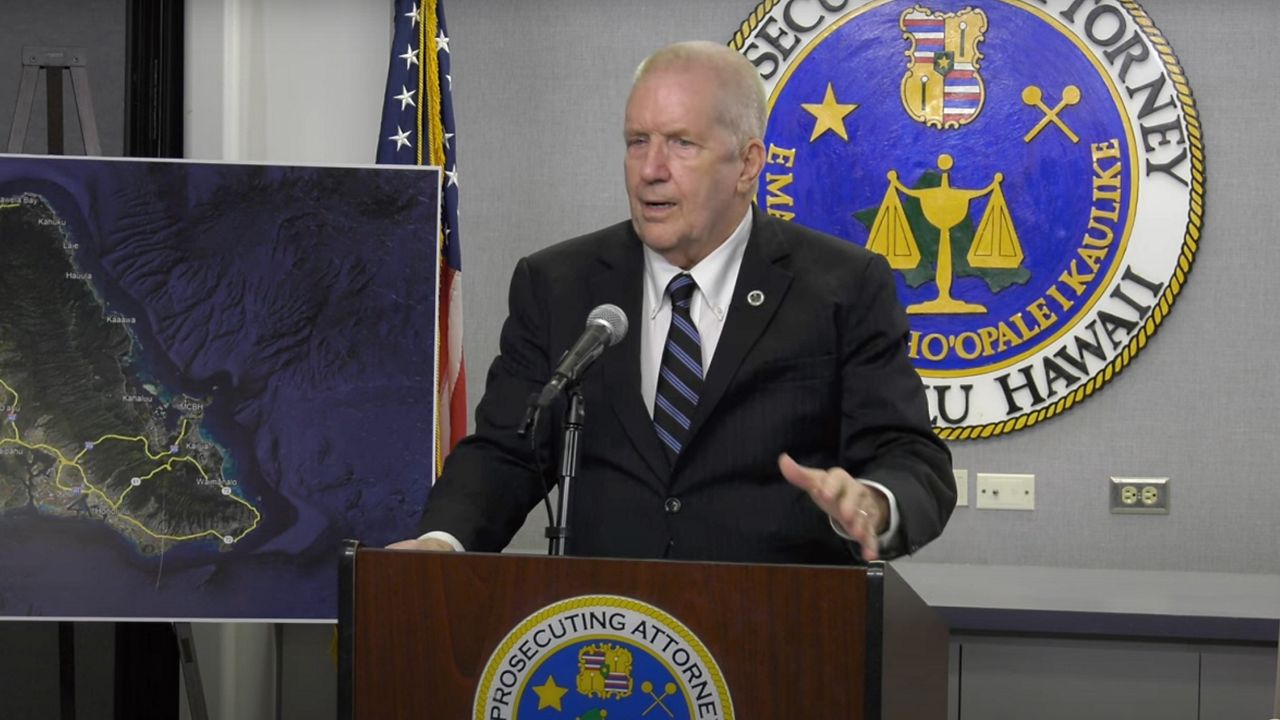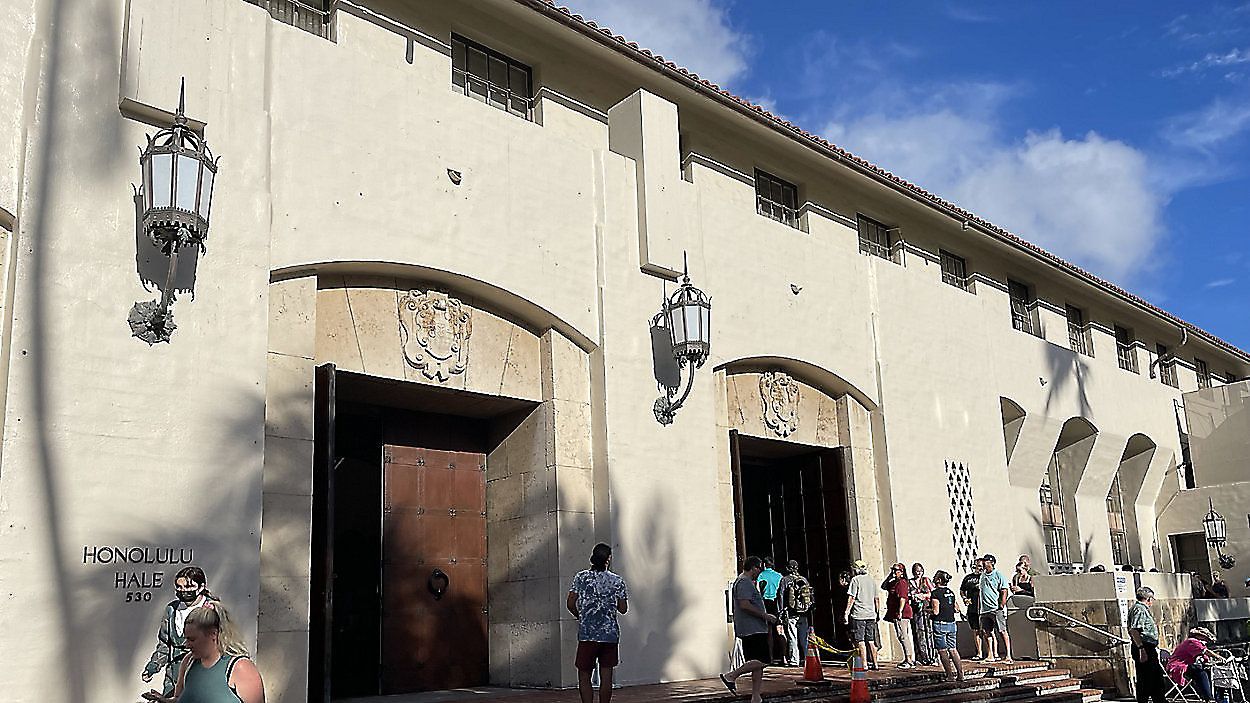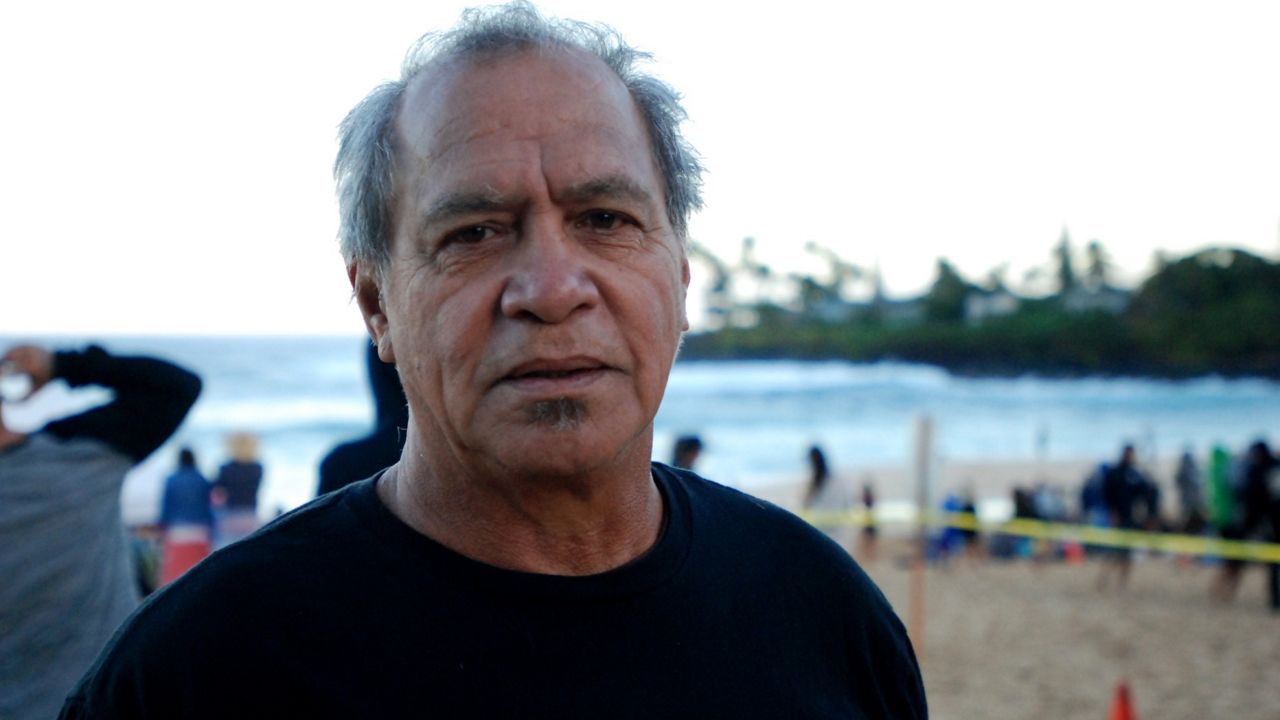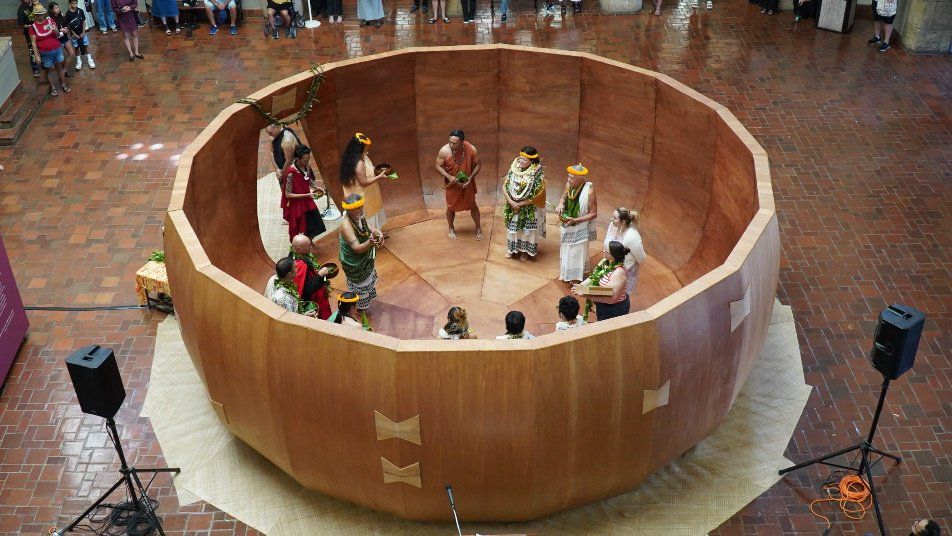The Honolulu Department of the Prosecuting Attorney typically does not issue news releases for asset forfeitures.
But last week, the department alerted local news agencies that it had filed an administrative petition for asset forfeiture with the state Department of the Attorney General relating to some $63,000 in cash that was recovered during a raid on an illegal game room in Kalihi on May 8.
The release was notable not just for the filing itself but for its function as a vessel for the office’s opposition to a bill currently before Gov. Josh Green that would put an end to asset forfeitures in the particular circumstances of this case.
“This is a win for our community,” Honolulu Prosecutor Steve Alm stated in the release. “Asset forfeiture is an important law enforcement tool. It immediately stops the illegal activity, takes the profit out of crime, and supports future law enforcement operations to stop criminal conduct. Currently, there is a bill sitting on Governor Green’s desk for signature or veto. If signed into law, House Bill 126 would prohibit asset forfeiture like the one filed in this case because of new requirements in the law. No one should be allowed to profit from crime.”
In the case of the Kanakanui Street game room, Honolulu Police Department officers executing a search warrant recovered the cash as well as the equipment used in the operation but could not identify who it belonged to.
Under HB 126, prosecutors would need to file charges against the owner of the seized property in order for an asset forfeiture to be authorized.
In defining what type of property is eligible for forfeiture, the bill includes:
- Property used or intended for use in the commission of, attempt to commit, or conspiracy to commit a covered offense, or that facilitated or assisted the activity
- Any proceeds or other property acquired, maintained or produced by means of or as a result of the commission of the covered offense
The measure also limits the conditions under which forfeiture is allowed. Under these limits, the property owner must be charged for the covered offense within a year of the property seizure. If charges are not filed within that time, the property must be returned or, if illegal, destroyed.
Those limitations were not included in the versions of the bill that passed the House and Senate but were added by a conference committee after the two chambers disagreed on a final draft.
Michael Tsai covers local and state politics for Spectrum News Hawaii. He can be reached at michael.tsai@charter.com.










